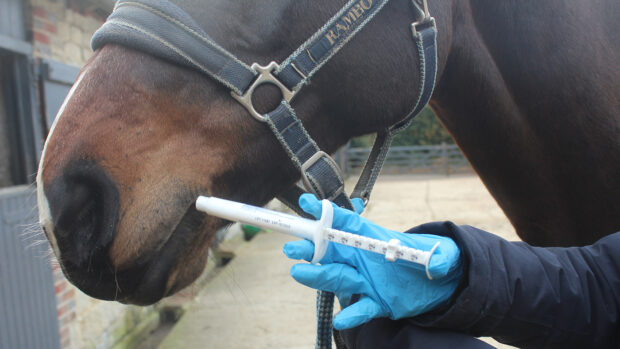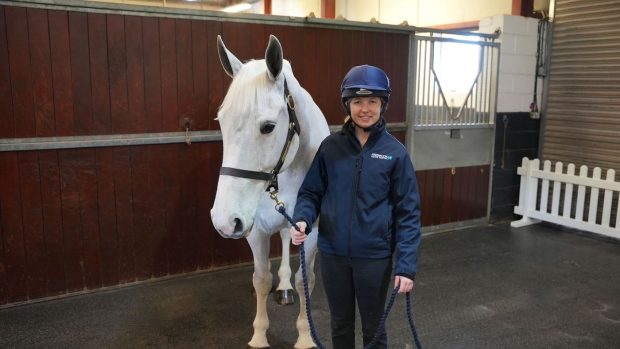New research carried out by the animal health company Intervet UK has shown that even knowledgeable owners may not be worming their horses effectively.
The company questioned 227 horse owners about their horse’s worming programmes.
The survey found that only 37% of owners were using faecal egg counts and these were done mainly on a reactive basis, rather than as a regular part of a worming programme.
Those who carried out faecal egg counts were doing so to establish the presence or absence of worms rather than as an aid to targeting product use.
Just 9% of owners recognised that a faecal egg count could help identify the most appropriate worming programme.
By assessing the number of eggs in a horse’s dung, a vet can establish when to worm and can monitor the efficacyof the worming products used.
Of the 37% who use faecal egg counts, only 18% of owners did so on an annual basis, with 29% using them now and then and 26% when a horse was off colour.
The role of vets within worming
Vets were seen as a valuable source of information, with 61% of owners relying on them for worming advice and a key prompt to starting a worming programme.
Intervet’s research also highlighted the need for vets to take a more proactive role – 87% of horse owners reported that their vet did not promote faecal egg counts.
Holly Cook, product manager at Intervet, said: “A faecal egg count is a simple and inexpensive procedure for a vet to undertake that can not only improve the effectiveness of the worming programme but save costs in the long run for those horse owners using inappropriate products too frequently.




